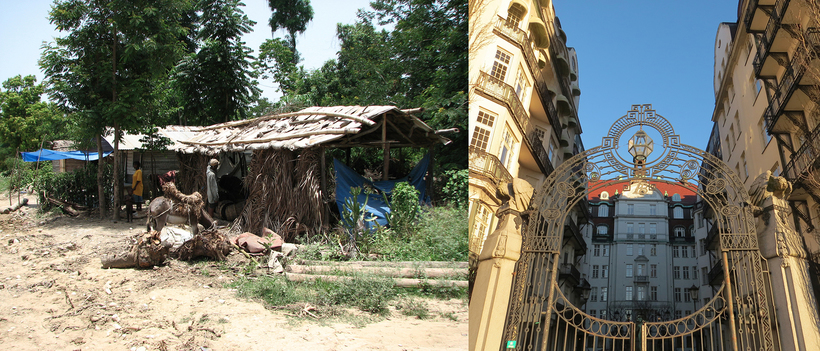The world lost an intellectual giant this year when Morton Deutsch—an eminent psychologist, Columbia University professor, mentor extraordinaire, and one of the founders of the field of conflict resolution—passed away in March at the age of 97. Throughout his long and illustrious career, Deutsch remained committed to promoting a more just, peaceful and sustainable world. In honor of his life and legacy, our Director Peter T. Coleman has selected a series of ten of Deutsch’s most significant scientific to highlight in a series of weekly blog posts, running on Psychology Today and Huffington Post.
The first of these weekly posts was published on Thursday, August 10, and a new blog will be posted each week through Thursday, October 12. Below you can find the link to this week’s blog—you can also check back here for links on future blogs, and remember to follow us on social media for more of our updates!
Finally to read more about Deutsch’s life and work, please visit: http://icccr.tc.columbia.edu/founder-morton-deutsch/
Somewhat later in his career, Deutsch became particularly concerned about the rapidly increasing gap between the “haves” and the “have-nots” in institutions and societies across the globe. His assessment of scholarship in the area was that it did an excellent job of characterizing the intractability of the phenomenon, but that it offered little utility for interrupting patterns of injustice or sustaining constructive changes when they did occur. As a result, he organized a faculty seminar at Columbia focused on identifying effective strategies for interrupting oppression and sustaining justice. The starting point of the seminar was a discussion of a new paper Deutsch had drafted entitled, “A Framework for Thinking about Oppression and its Change”. The framework outlined his thinking on the nature of oppression, the various forms it takes, and the factors that keep it in place, as well as a series of strategies and tactics for awakening a sense of injustice in victims and victimizers and overcoming systems of oppression. Read the full article here at Psychology Today—How do we interrupt the Increasing Gap between the Haves and Have-Nots?
